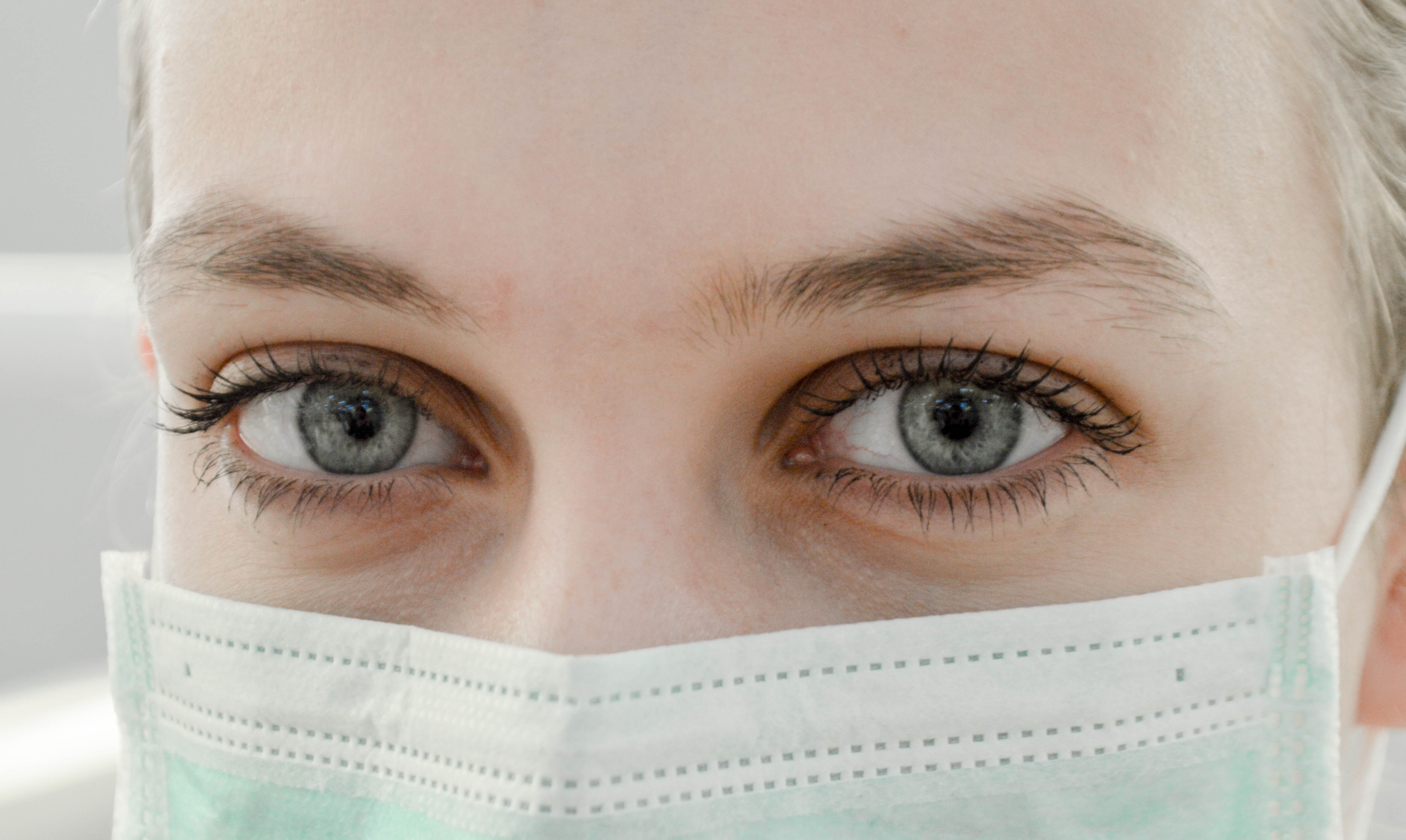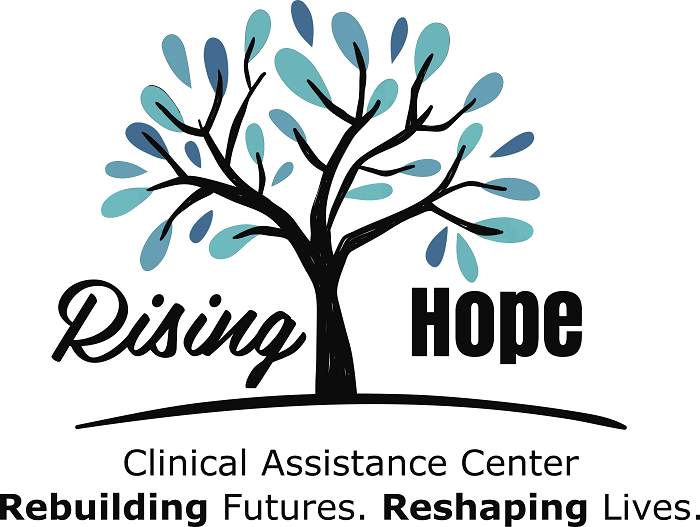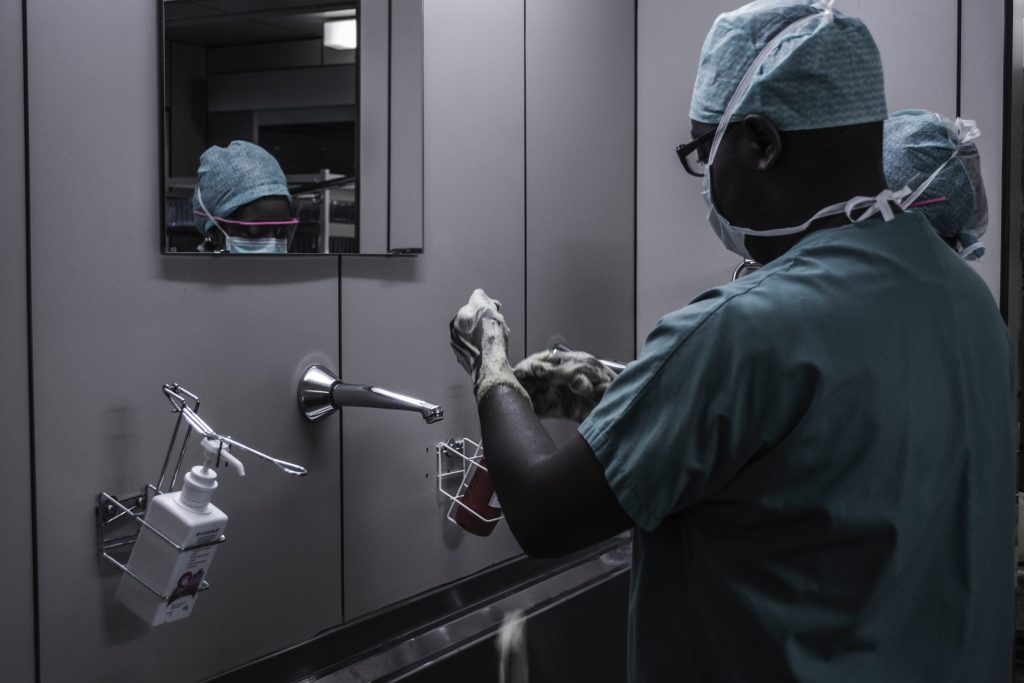

Medicine Culture Taking a Toll on Doctors' Mental Health
The Effects
When we often think of mental health, we anticipate it only affecting the general population. However, the wellness and mental health of doctors is something that has been far less considered. Doctors are stressed, burned out and depressed now, more than ever; and when they suffer, so do their patients. Before intern year, only 4% of doctors have clinical depression which is the same rate as the public. During these internships, the rates rise up to 25%. In fact, 400 doctors die by suicide every year, according to the American Foundation for Suicide Prevention. So how does it escalate to this point and what can be done to stop this?
The Problem
A ‘rite of passage’ for residents is sleep deprivation. Consistently working long hours overnight, has taken a toll on residents’ bodies as well as their minds. With training through 80 work weeks or working 16 hour shifts, it’s no surprise that this highly demanding occupation can inevitably cause burnout. Stanford Physician Wellness study author, Mickey Trockel, indicated that “sleep-related impairment was the single strongest predictor of burnout and highly associated with depression in physicians.” Unfortunately, the culture of medicine has cultivated a dangerous stigma. Doctors are expected to show no weakness with optimal mental health. Physicians are required to work with little to no sleep and this has become a huge threat.
A Thing of the Past
Although this occupation has been revered by society, the reality of being a doctor has changed dramatically. Doctors are no longer guaranteed high pay and the profession doesn’t earn the respect it once did. However, residency programs have typically remained the same with long hours and low pay. To make matters worse, today’s doctors have more paperwork, far more patients and more material to learn. It is expected that by 2025, there will be a shortage of 90,000 physicians in America. The increasing workload, lack of sleep and shortage of effective resources for physicians is an issue that hasn’t fully been addressed.
A Small Wave of Change
In 2011, professor of surgery, Ralph Greco put together a program at Stanford to bridge the gap. The mentor program, Balance in Life, promotes wellness for physicians. Ironically, young doctors don’t have time to go see a doctor of their own so the wellness team of BIL issues a recommendation list of doctors and dentists. The program focuses on four key areas: physical, psychological, social and professional well being. All residents have access to individual counseling, healthy food, receive guidance from senior mentors, and can attend various types of social events. Surgery residents have mandatory psychotherapy every week as well which is substantially beneficial. Though this is a significant program for physicians, it unfortunately is still rare. The healthcare system does not have many of these programs available for residents around the US.
The Solution
Serious consideration for expanding these types of programs across the country will ensure overall wellness, work-life balance, and safety for physicians. When doctors are doing well, they are more equipped to offer optimal care to their patients and reduce medical errors or mistakes.


